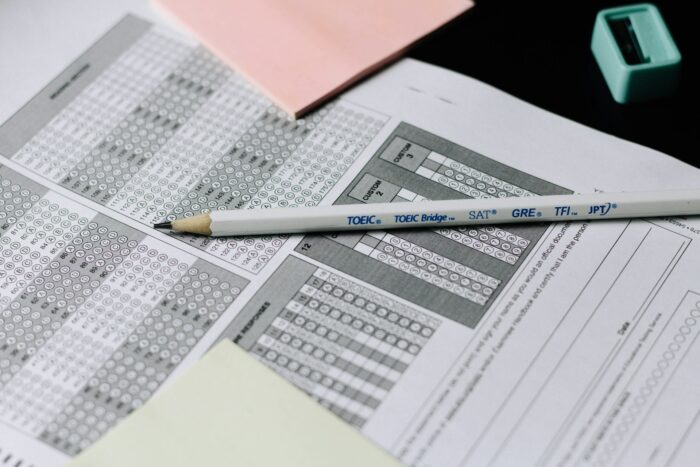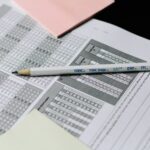In an NYmag article, Anya Kamenetz suggests too much faith is being placed on standardized testing in the US educational system, as these appear to be an incomplete measure of student intelligence. MIT neuroscientists alongside researchers at Harvard and Brown University conducted a study evaluating the “fluid intelligence” of students in the Boston public school system. They later compared these results to the group’s scores on traditional standardized tests.
Their research found that fluid intelligence, which is the ability to apply knowledge and skills to unfamiliar or abstract problems, possessed little correlation with standardized test scores, thus proving these tests do little to assess the actual problem-solving abilities of students. Instead, standardized tests typically evaluate “crystallized intelligence, or the application of memorized routines to familiar problems.” Most tests assess two key subject areas (math and language), leaving a wide expanse of topics unexamined. Subjects that require creativity or free thought aren’t assessed by standardized tests, leaving large gaps in these evaluations of student intelligence.

Photo by Nguyen Dang Hoang Nhu on Unsplash.
Meanwhile, the entire practice of standardized testing continues to create high-stress environments for teachers and students alike. For example, at a middle school in Brooklyn, students spend up to six days completing mock exams in preparation for New York’s standardized tests. This is a huge investment of time and resources in tests that fail to provide an accurate evaluation of student knowledge. As Kamenetz says, “Scores on state tests do not correlate with students’ ability to think.”
Categorised in: Uncategorized
This post was written by Melissa Yu
